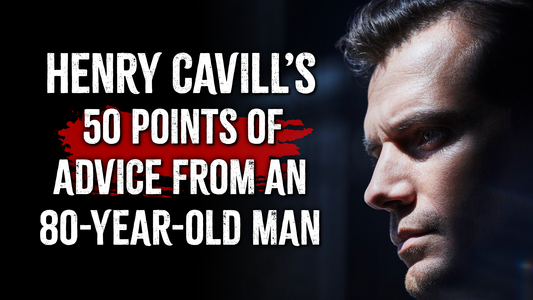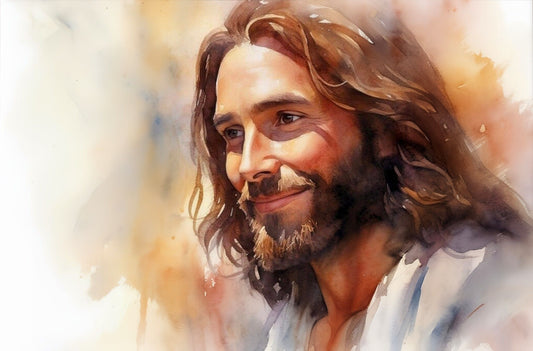
Do not go gentle into that good night by Dylan Thomas – Meaning & Analysis
Share
The poem "Do not go gentle into that good night" by Dylan Thomas is a powerful plea to resist death and to fight against the inevitability of dying—emotionally, spiritually, and physically. It is both a universal meditation on mortality and a deeply personal address to the poet’s dying father.
This analysis of Dylan Thomas’s famous villanelle explores the deeper themes of mortality, resistance, and the emotional force behind his words. Often studied in high school and college literature classes, this timeless work remains one of the most quoted poems in modern English literature.
Do not go gentle into that good night – Read by Sir Anthony Hopkins
Watch a moving performance of the poem by Sir Anthony Hopkins, whose voice captures the urgency and depth of Thomas’s message:
Full text of the poem:
Do not go gentle into that good night,
Old age should burn and rave at close of day;
Rage, rage against the dying of the light.
Though wise men at their end know dark is right,
Because their words had forked no lightning they
They do not go gentle into that good night.
Good men, the last wave by, crying how bright
Their frail deeds might have danced in a green bay,
Rage, rage against the dying of the light.
Wild men who caught and sang the sun in flight,
And learn, too late, they grieved it on its way,
Do not go gentle into that good night.
Grave men, near death, who see with blinding sight
Blind eyes could blaze like meteors and be gay,
Rage, rage against the dying of the light.
And you, my father, there on that sad height,
Curse, bless, me now with your fierce tears, I pray.
Do not go gentle into that good night.
Rage, rage against the dying of the light.
— Dylan Thomas
Line-by-line meaning and themes:
- “Do not go gentle into that good night” – A call to resist death passively; "that good night" symbolizes death itself.
- “Old age should burn and rave at close of day” – Even in old age, people should fight fiercely for life.
- “Rage, rage against the dying of the light.” – A powerful repetition reinforcing resistance to the end of life.
Stanzas 2–5: Different types of men resisting death
Thomas illustrates that regardless of who we are—wise, good, wild, or grave—we all find reasons to fight against the end:
- Wise men: They understand death is natural, yet regret not making a large enough impact in life.
- Good men: They mourn that their positive actions may not have reached their full potential.
- Wild men: They lived with passion, only to realize too late how fleeting it all was.
- Grave men: Even the serious and near death can find flashes of beauty and energy, choosing to fight until the end.
Final stanza:
- Personal plea to his father: Thomas ends with an emotional appeal to his own father, urging him to show some final resistance to death—through tears, anger, or emotion.
Overall meaning:
Life is precious, and even in the face of death, we should resist passivity. Dylan Thomas urges us to live fiercely and consciously until the very end. The poem is both a cry of pain and a celebration of the human spirit’s refusal to fade quietly into darkness.




